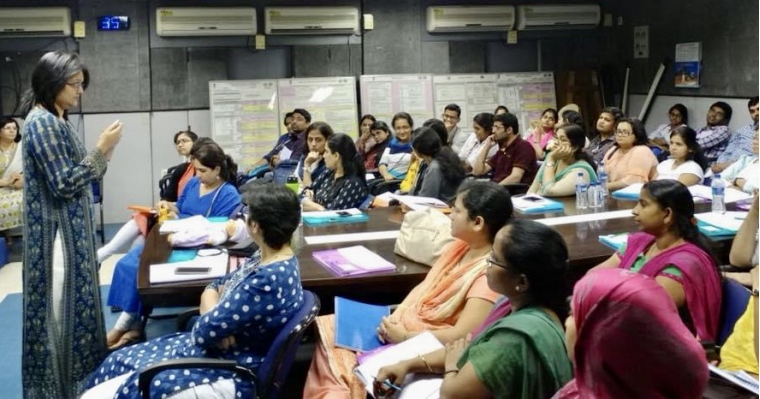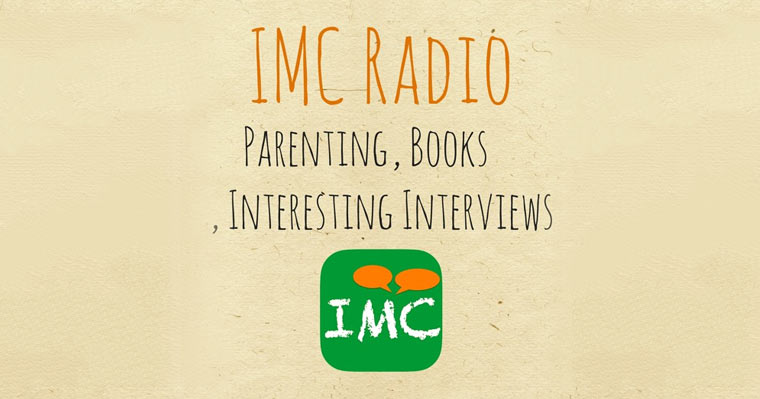"Breastfeeding and work: Let's make it work" is the slogan for World Breastfeeding Week 2015, which is being celebrated this week. Each year, World Breastfeeding Week tries to highlight an important aspect of breastfeeding that needs global attention. This year, the World Alliance for Breastfeeding Action is calling for concerted, global action to support all women to successfully combine breastfeeding and work-whether in a formal or informal work setting or the home.
In both developed and developing countries across the world, current statistics show us that breastfeeding rates drop very quickly during the early weeks after birth. Despite major breastfeeding promotion efforts and the vast amount of information available on the Internet, most women do not manage to meet their breastfeeding goals. In order to change this, health care system and employer policies and practices need to be revised, but parents also need to understand how breastfeeding impacts the lifelong health of both the mother and baby.
Breastfeeding seems challenging to many mothers who don't get the help, support, and encouragement they need. Unfortunately, health care professionals receive very little training to support breastfeeding, meaning new mothers receive conflicting advice from the hospital they look to for guidance. Once the mother and baby arrive home, whether from lack of referral or access to mother-support groups or skilled lactation help, many women are unable to address lactation problems – such as latching and positioning, and low milk supply, among others – in the right manner. And when maternity leave ends, many women find that their workplaces lack the support they need to continue breastfeeding. This could range from not offering enough maternity leave to begin with, not allowing flexible hours or work-from-home options, to not allowing pumping breaks or not providing a place to pump and store breastmilk.
Weaning earlier than intended, however, cannot be blamed on health care or work challenges alone. There is also a personal side to the story, an information gap among many new parents and extended family. There are so many myths about what's normal and how breastfeeding "really" works that it's easy to be misled into poor decisions. New moms who miss their previous social and professional routines may refuse to adapt to the needs of their baby and quit breastfeeding before the ideal time. Mothers can also be mistaken by trusting family members' traditional wisdom to give the baby sugar water or honey before starting breastmilk, or to rest away from the baby, instead of breastfeeding.
So "Breastfeeding and work: Let's make it work" cannot just be about advocacy. Of course we need to make all efforts to empower the woman in claiming her and her baby's right to breastfeed. But along with that, we need to disseminate the right information so that (1) mothers can tell good advice from bad and understand how breastfeeding and artificial feeding differ, and (2) employers can provide supportive work environments that make her transition back to work while breastfeeding easier.
For so many women, breastfeeding seems akin to running a marathon: They must train for it and face hardships on the way, but crossing the finishing line will be one of the most exhilarating experiences they may ever have. The drive must come from the mother. But the rest of us – health care professionals, employers and family members – should be there to cheer her and, metaphorically speaking, pass out water and snacks-anything to make her breastfeeding experience easier.
With the series of articles that follow, I wish to cheer you on in your fantastic breastfeeding journey. Hope you are ready to travel along!




















